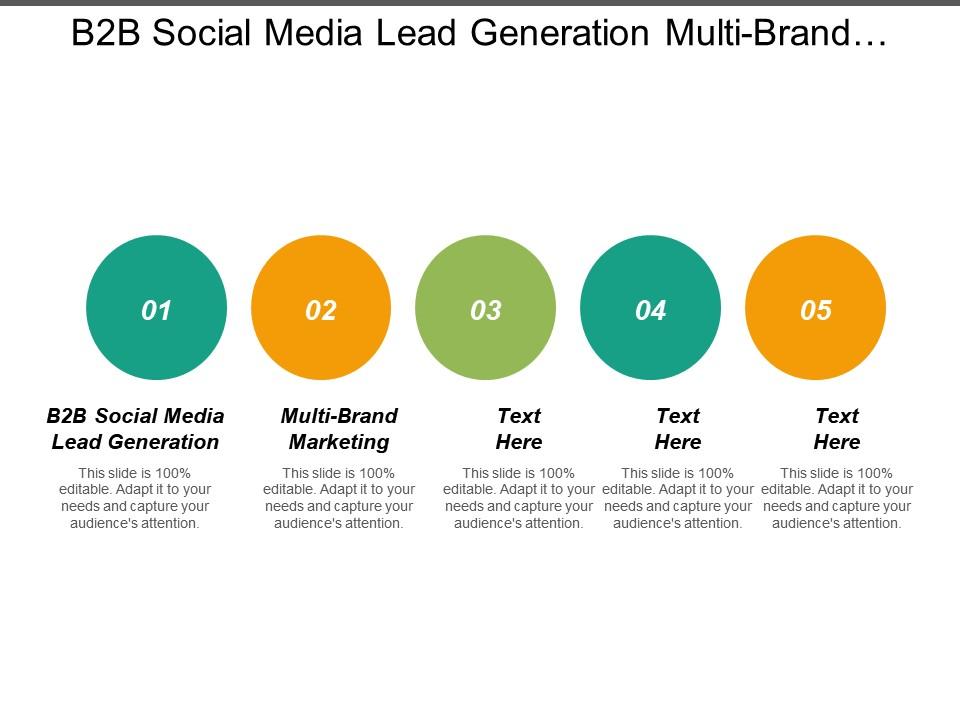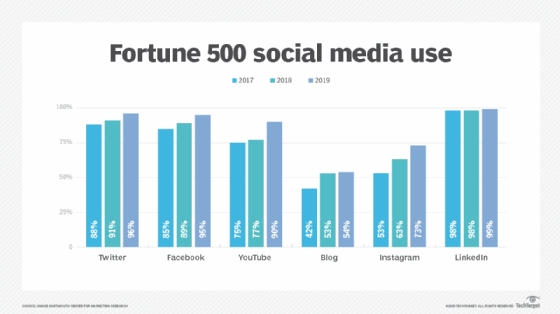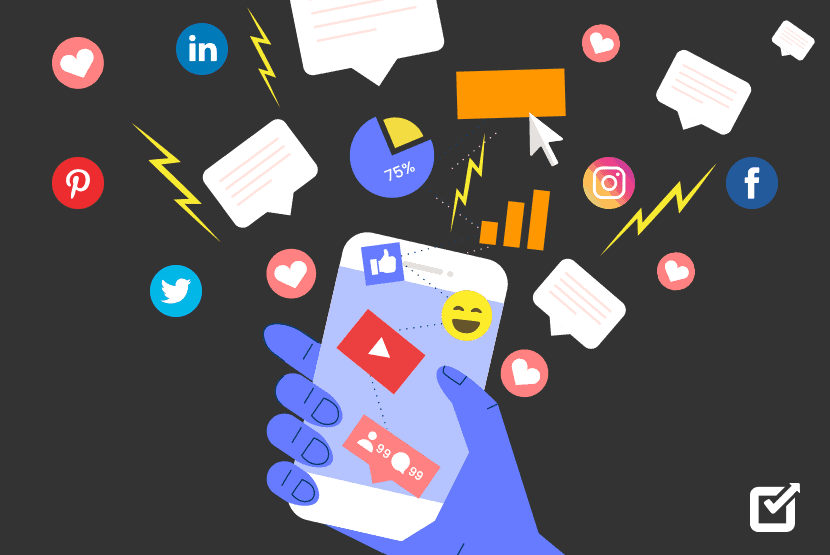
Xandra Robinson Burns has quit social media including Instagram, Facebook, LinkedIn and Facebook. These are just a few of the many reasons. It's not easy to give up social media completely, but these three platforms have certain features that can make them less of a distraction. Continue reading to learn more about their features and how they can be made to your advantage. It's easy to see how they are not used on a daily basis.
Xandra Robinson-Burns quit social media
Xandra Robert-Burn decided last year to unplug herself from social media. She expressed her disgust at the internet's constant stream of advertisements and the peer pressure. She wanted to focus on creating meaningful connections. She quit Facebook, Instagram, and Twitter to get closer to people and start her own business. Robinson-Burns created a spreadsheet with her friend to track their exits from social networks. They also created an album for their Instagram pictures, which they then turned into a physical album.
LinkedIn
A quick comparison of LinkedIn and Facebook will show that LinkedIn's user base is mainly composed of business professionals. LinkedIn is more popular with men than with women. The difference between these social networks lies in how they present the content. LinkedIn lets users post longer pieces of content than photos, unlike Facebook. LinkedIn is not like Twitter in that all updates are displayed on a timeline.

Facebook
Consider the pros and cons of each social media platform when choosing one. While Twitter and Facebook have many similar features to each other, Instagram is better for personal use because it has a smaller user interface. Instagram does not offer ads. Facebook has them. However, it sells your information to corporations. Twitter does not offer any advertising options, including ads. Twitter users can connect to Facebook, and other websites offer social media widgets that can be integrated with your account.
Instagram
Although Facebook, Twitter and Instagram offer mobile versions of their apps, they don't all work together. While Instagram and Twitter have desktop versions, you won't be able to edit drafts saved on your phone. These apps do not allow live video posting. You can only view posts made by the accounts you are following. However, all of them can be useful for business purposes. However, Facebook's mobile app may be more convenient for some users than others.
Pinterest
Marketing your small business requires that you promote it across the right channels. While Facebook is the most popular platform for engagement, Pinterest offers the best community-building and traffic generation options. Be consistent with your use of hashtags and keywords to be successful on both platforms. Both can be helpful for driving traffic to your website. Here are some key differences in Social Media and Pinterest.

FAQ
How does Content Marketing work
If someone visits your website, it's because they are looking for something particular. If they find what they need, great! If they don't, they'll move on to the next provider. Content marketing helps you provide useful and valuable information that answers questions and solves problems. This content can be shared across all platforms (emails, social media, etc.). This ensures that everyone has access to the content.
Are there any restrictions on linking to content from other websites?
Yes! This is called link building. Linking to content from another website is a great method to increase your site's traffic. But only link to reliable sources.
How can you create a content marketing strategy that is effective?
You must first determine the type of content that you wish to create in order to develop a content marketing program. Next, you need to identify who your target market are and how they use Internet. Next, choose the best channels to reach your target audience. Next, identify the best keywords for each channel. Finally, write compelling copy for each piece.
How much does content marketing cost?
Prices for content marketing vary depending on whether the solution is outsourced or managed by you. Outsourcing content management services is typically cheaper than hiring full-time workers, which allows you scale quickly when your needs change.
HubSpot research shows that outsourcing content production can cost around $5 per lead (for B2B businesses) and $22 per lead (for consumer brands).
However, there are plenty of web resources that provide free content marketing tools that you can use to create engaging content that converts.
There are many methods to optimize content for search engines like Google or Bing. You have the option to write original articles or guest post on blogs. You can also curate content from different websites and reuse existing materials.
If you choose to produce your own content, then you must learn how to make great content. Once you learn it, creating content will become easy.
You can start by creating simple landing pages using WordPress and then move on to building out your site. This way, you can build a portfolio over time.
Why is content important?
Content plays a key role in any digital marketing campaign. You must create quality content to attract new customers. Blogging is the best way to achieve this. Blogging allows you to build authority within your niche. This makes you more trustworthy. You can build trustworthiness, which increases your search engine rankings. You get organic search traffic when you rank highly.
What is the best content marketing platform?
There are lots of different platforms available today. Each one comes with its pros and con. Here are some options that are popular:
-
WordPress - Simple to setup and manage. Amazing community.
-
Wix – Setup and maintenance is much easier than WordPress It doesn't require any technical knowledge.
-
Squarespace - The best option for people who have a website.
-
Blogger - Free blogging service.
-
Medium - A place to share your work.
-
Instagram - An image-based platform.
-
LinkedIn – A networking tool.
-
Facebook - A social networking site.
-
YouTube - A video sharing platform.
-
Pinterest - Image-based platform.
-
Google Analytics – Track visitor behaviors.
-
Hubspot: Email marketing software.
-
MailChimp: Email marketing software.
How long should my Content Marketing be effective?
That depends on your goals. Some businesses are looking for short-term results; others are looking for long-term growth. We recommend starting with three months of consistent content creation and then reevaluating after that period.
Statistics
- According to our research, 65% of companies with very successful content marketing in 2021 ran content audits at least twice a year. (semrush.com)
- Progress indicators (0–100%) allow each team member to see how attainable each goal is and understand what remains to be accomplished. (semrush.com)
- Out of the 1,500 marketers we surveyed for our State of Content Marketing report, 78% who felt their content marketing strategy was exceptionally effective in 2021 had documented their strategy. (semrush.com)
- To further show the importance of this, 89% of people have stopped doing business with a company because of a poor experience. (neilpatel.com)
- According to research compiled by Coschedule: Companies that publish 16+ blog posts a month get as much as 3.5x as much traffic as those that publish 0-4 posts a month. (criteo.com)
- Measure your goals with a progress indicator of 0-100%. Make your goals collaborative and transparent (semrush.com)
- This marketing strategy landed Ford a 15.4% conversion rate. (neilpatel.com)
- We found that 40% of businesses don't have a documented strategy yet. (semrush.com)
External Links
How To
What Is A Content Marketing Plan?
A content market plan (CMP), a strategic document, helps you identify your goals, objectives, strategies, and methods for building and executing your online presence. It is a plan for how to reach those goals via content creation and distribution.
The CMP is often broken down into three main areas.
-
Your overall strategy - What do you want to achieve?
-
Your content strategy – Where can you find the right people who will write, curate and distribute your content content?
-
You'll need to decide which channels you will use to share your strategy. Which types of content can you create?
These four components make up an effective CMP:
-
Goal Setting: Define your audience and define KPIs to measure success.
-
Audience Research - Understand your ideal customers so you know exactly where to look for them.
-
Strategy – Develop a clear vision and strategy for where you want to be. Break it down into smaller pieces.
-
Execution - Be realistic about your expectations and when you will see the results of your efforts.